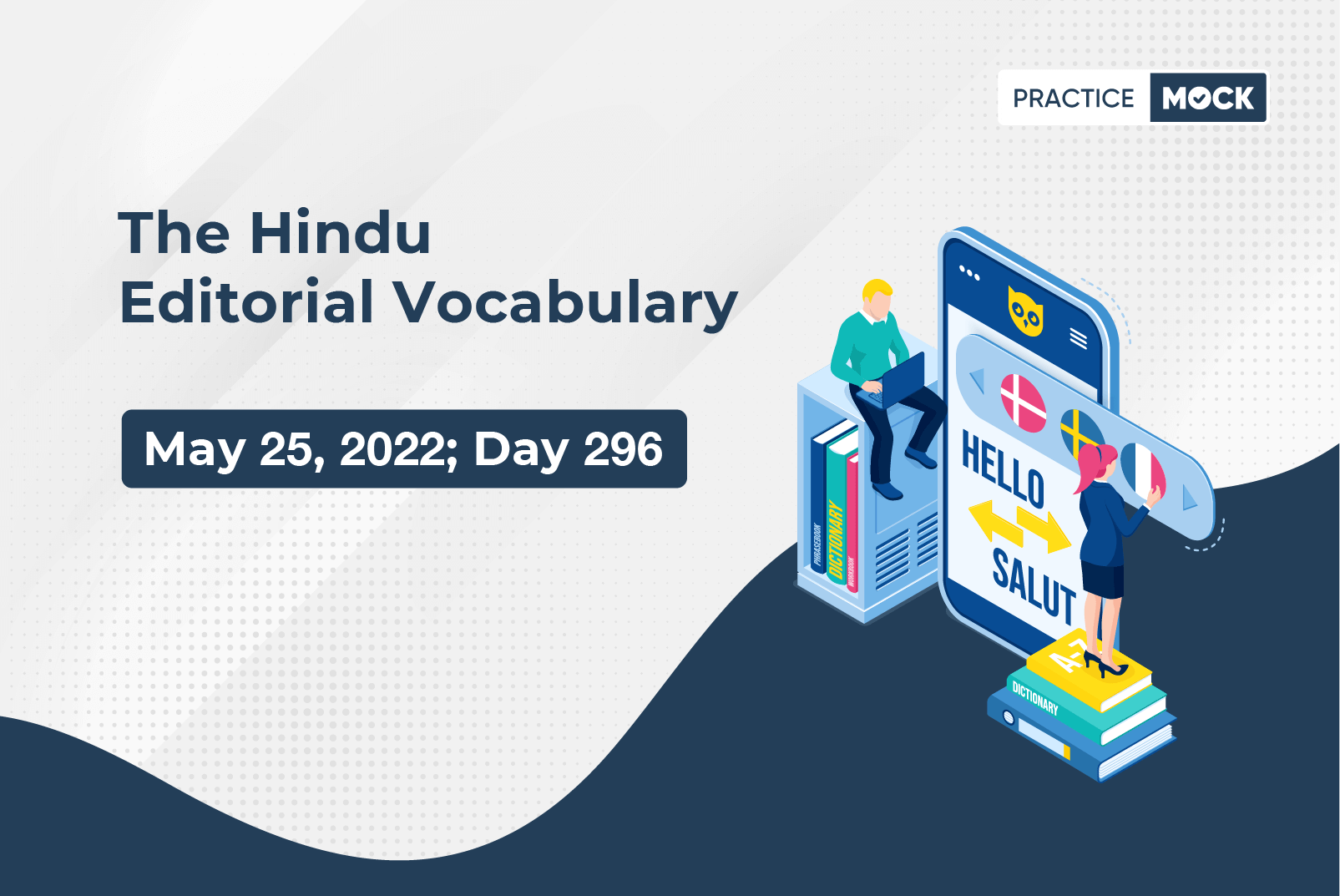| Difficult Word/ Phrase | Contextual Sense |
| Remuneration | Money that is paid regularly for doing work |
| Pecking order | the positions people have, arranged according to their status or power within the group |
| Trickle down | gradually benefit the poorest as a result of the increasing wealth of the richest |
| Doff your hat to somebody | to show respect to someone or something |
| Rung | level in a hierarchy |
| Convergence | The occurrence of two or more things coming together |
| Pandemic | a disease that spreads over a whole country or the whole world |
| Harassment | behaviour which is intended to trouble or annoy someone |
| Mere | Being nothing more than specified |
| Hostile | Impossible to bring into friendly accord |
| Privations | A state of extreme poverty |
| Fraught with | full of (something bad or unwanted) |
| Peril | A state of danger involving risk |
| Cheerlead | enthusiastic and vocal support |
| Crescendo | a gradual increase in intensity |
| Last mile | the last stage in a process |
| Settle down | Become quiet or calm |
Serving those who serve: On WHO honour for ASHA workers
Health workers need better remuneration (Money that is paid regularly for doing work) and safety guarantee, not just awards
Recognition very often goes to those at the top of the pecking order (the positions people have, arranged according to their status or power within the group), and stays there. Credit seldom trickles down (gradually benefit the poorest as a result of the increasing wealth of the richest) to the worker at the bottom. The World Health Organization’s act of recognising India’s ASHA (accredited social health activists) and the polio workers of Afghanistan is an attempt to right that wrong. It is a rare, and commendable doffing of the hat (Doff your hat to somebody means to show respect to someone or something) for workers at the very bottom of the rung (level in a hierarchy), and gives credit where it is due. When WHO Director General Tedros Adhanom Ghebreyesus announced the names of six Global Health Leader awardees at the opening session of the World Health Assembly, over one million ASHAs and eight volunteer polio workers found themselves being counted amidst people leading from the front. The other awardees are Paul Farmer, co-founder of the NGO Partners in Health, Ahmed Hankir, a British-Lebanese psychiatrist, Ludmila Sofia Oliveira Varela, a youth sports advocate, and Yōhei Sasakawa, WHO’s Goodwill Ambassador for Leprosy Elimination. Dr. Tedros who picks the awardees himself, said that the award recognises those who have made an outstanding contribution to protecting and promoting health around the world, at a time when the world is facing an unprecedented convergence (The occurrence of two or more things coming together) of inequity, conflict, food insecurity, climate crisis and a pandemic (a disease that spreads over a whole country or the whole world).
The ASHAs were honoured for their “crucial role in linking the community with the health system, to ensure those living in rural poverty can access primary health care services….” These workers, all women, faced harassment (behaviour which is intended to trouble or annoy someone) and violence for their work during the pandemic, well documented in the media. While the pandemic rewrote the rules, creating danger where mere (Being nothing more than specified) routine existed, it must be stressed that in general, their job, which takes them into difficult-to-reach places and hostile (Impossible to bring into friendly accord) communities, confers a measure of privations (A state of extreme poverty). Even as they contribute to better health outcomes, this workforce continues to protest across the country, for better remuneration, health benefits and permanent posts. The eight volunteer polio workers of Afghanistan (four of them women) were shot and killed by gunmen in Takhar and Kunduz provinces in February 2022. Their work was crucial in a country where wild polio virus type 1 is still circulating, WHO recorded. Clearly, certain kinds of basic public health work are fraught with (full of (something bad or unwanted)) perils (A state of danger involving risk) in several continents across the world. It is the duty of the governmental agencies that employ them to ensure their welfare, safety and security. While cheerleading (enthusiastic and vocal support) about the award is rightfully reaching a crescendo (a gradual increase in intensity), what matters is how the Indian government serves its last mile (the last stage in a process) health workers who are its feet on the ground, once the dust raised by their unexpected recognition has settled down (Become quiet or calm).
Want to improve your vocabulary further? Download the Lists of Word-Meanings of Previous Months here.
- Sign Up on Practicemock for Updated Current Affairs, Free Topic Tests and Free Mini Mocks
- Sign Up Here to Download Free Study Material
Free Mock Tests for the Upcoming Exams
- RRB PO 2024 Free Mock Test
- RRB Clerk 2024 Free Mock Test
- SSC MTS Free Mock Test
- SSC CHSL Free Mock Test
- SSC CGL Free Mock Test
- GATE Mechanical Free Mock Test
- GATE Civil Free Mock Test
- NABARD Gr. A Free Mock Test
- SBI Clerk Mains Free Mock Test
- SSC CPO Free Mock Test
- AFCAT Free Mock Test
- CAT Free Mock Test
- NIACL Assistant Free Mock Test
- UIIC AO Free Mock Test
- UIIC Assistant Free Mock Test
- GIC Assistant Manager Free Mock Test
- NICL AO Free Mock Test
- Free SSC Live Test
- UPSC CSAT Free Mock Test
- CDS-I Free Mock Test
- RRB ALP Free Mock Test


